“To invest in people, prioritize education.”
The world is created by a cluster of knowledge and experience that has developed throughout the evolution of humans. Knowledge initiates a social process in which all people on the planet must participate. Learning and being a part of that process is necessary to live as an individual. These processes can be identified as “Education”. The origin of this word came from the Latin word “educatio” in the mid-16th century. John Dewey discussed his concept of education in his book “Democracy and Education” (1916) and defined education as “the continuous reconstruction of experiences”.
Furthermore, “The Father of Free Education in Sri Lanka,” Mr. C.W.W. Kannangara, remarked that every citizen has an equal right to education. He stated that educational expenses are not insignificant. Reflecting on Dr. Abdul Kalam’s education, it is an endless journey through knowledge and enlightenment. With these kinds of scholars’ opinions and experiences, we can get an idea about education and its importance.
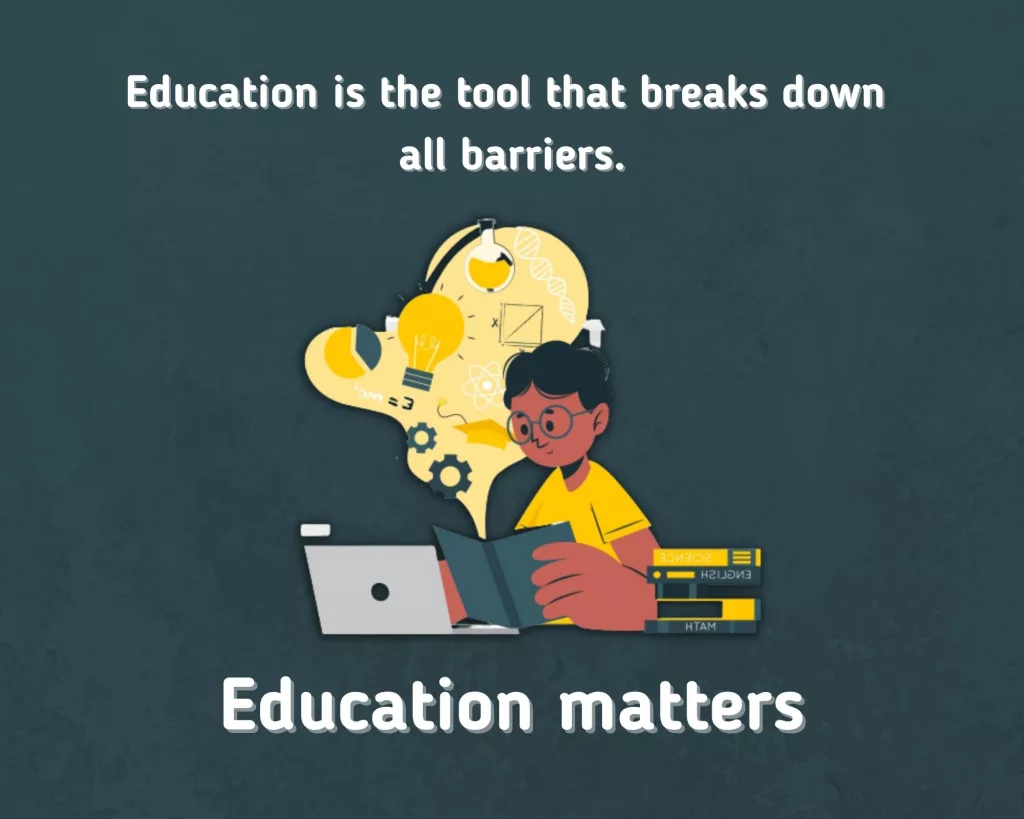
අධ්යාපනයේ වන අවිවාදිත වටිනාකම් සමුදාය සම්බන්ධයෙන් ගෝලීය වශයෙන්ද ඒකීය පිළිගැනීමක් පවතී. එම පිළිගැනීමෙහි ඵලයක් ලෙසින්, 2018 වසරේ දෙසැම්බර් මස පැවති එක්සත් ජාතීන්ගේ වාර්ෂික සමුළුවේදී “ජාත්යන්තර අධ්යාපන දිනය” ප්රකාශයට පත් කරන ලදී. එතැන් සිට, ලෝක සාමය හා සංවර්ධනය සඳහා අධ්යාපනයේ දායකත්වය පිළිබඳ ලෝක ප්රජාව සංවේදී කිරීමේ සුවිශේෂී වූ අරමුණින් යුතුව සෑම වසරකම ජනවාරී 24 දිනදී “ජාත්යන්තර අධ්යාපන දිනය” සමරනු ලබයි.
මෙම දිනයේදී, මානව අයිතිවාසිකමක් ලෙසින් අධ්යාපනයෙහි වන හරයාත්මක ශක්තිය තහවුරු කර සුරැකීම, අධ්යාපනය යනු පොදු භාණ්ඩයක් මෙන්ම සමස්ථ සමාජයේම පොදු වගකීමක් බව අවධාරණය කිරීම සහ ගෝලීය තිරසාර සංවර්ධන අරමුණු ඉටුකරගැනීමෙහිලා අධ්යාපනය ප්රමුඛ සේ සැලකීමෙහි අවශ්යතාවය ස්මරණය කිරීම ආදිය කෙරෙහිද අවධානය යොමු කරයි.
On January 24, 2023, the 5th International Day of Education is celebrated under the theme “To invest in people, prioritize education”. The United Nations believes that this year’s theme will be able to maintain strong political mobilization around the world while investing in educational values to accelerate the progress of the Global Sustainable Development Goals. According to the United Nations Educational, Scientific, and Cultural Organization (UNESCO), quality education includes learners who are healthy, well-nourished, ready to participate and learn, and supported in learning by their families and communities. Without such an education, the world is unable to grow socioeconomic mobility, which is key to escaping many global issues, including poverty.
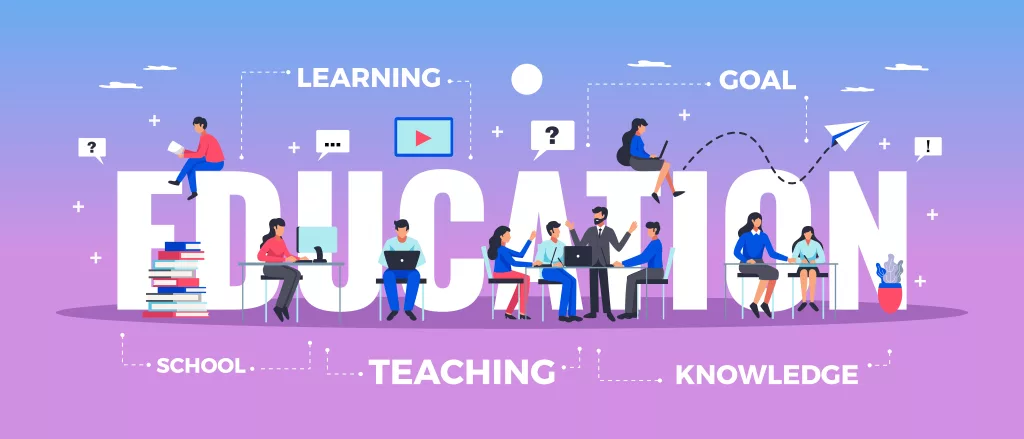
මිනිසා විසින් අධ්යාත්මිකව හා භෞතිකව සමබර වූ ප්රම්තිගත අධ්යාපනයක් ලබා නොගැනීම හේතුවෙන් පුද්ගලික වශයෙන් මෙන්ම සමාජීය සහ ගෝලීය වශයෙන්ද ගැටලුකාරී තත්ත්වයන් ඇති වේ. අවම සාක්ෂරතාවය, සෞඛ්ය ඇතුළු මූලික අවශ්යතා ඉටුකරගැනීමේ දුශ්කරතා, විරැකියාව, දුගී බව, මානසික ව්යාකූලතා, දිවි පැවැත්ම පිළිබඳව ඇති අනවබෝධය හේතුවෙන් ඇති වන ගැටුම් සහ අලාභ ආදිය ප්රමිතිගත අධ්යාපනය නොලද පිරිස විසින් පුද්ගලිකව අත්විඳින ගැටලුය. මෙවාහී තීව්ර ස්වභාවයන් සමාජය තුළ මතුව එන්නේද නිරායාසයෙනි. මිනිසාට තමා නියෝජනය කිරීම උදෙසා ශක්තිය සහ හඬ අහිමි වීම අධ්යාපනය නොලැබේමේ ප්රමුඛම ඛේදවාචකය යි. සේවා වියුක්තිය, දරිද්රතාවය, සුරක්ෂිත නොවූ සෞඛ්ය හා සනීපාරක්ෂාව, සමාජ සාමය ගිළිහී යාම, මානව අයිතිවාසිකම් කඩ වීම සහ සමස්ථයක් ලෙස සමාජීය ක්රියාවලිය පසුගාමී වීම සහ ගෝලීය තිරසර සංවර්ධනයට හානි වීම ආදි ඍණාත්මක තත්ත්වයන්ද ඇති විය හැකි අතර අධ්යාපනය සඳහා ප්රවේශවීමේ අවස්ථා අහිමි වීම, හිඟ වීම හෝ ගෝලීය ප්රජාව අතර එවැනි අවස්ථා බෙදීයාමේ අසමානතාවය මෙම තත්ත්වයන්ට හේතුව සේ දැකිය හැකිය. තවදුරටත් සළකා බැලීමේදී මෙම ප්රවේශ හැකියාව හෝ අසමානතාවය තීරණයටද අධ්යාපනයේ බලපෑමක් ඇති බව කිව හැකියි. මන්ද යත් සමාජීය ප්රවාහයන් චක්රීය වන අතර එහි කුමන අදියරකදී වුව අධ්යාපනය යෙදවුමක්, ක්රියාවලියක් හෝ නිමැවුමක් ලෙසින් පැමිණිය හැකියි.
When it comes to the Sri Lankan context, in 1947, Free Education System from Kindergarten to University was introduced to the country. There are 10,155 government schools in Sri Lanka with a 4,063,685 student population and 249,494 academic staff (source: moe.gov.lk/2020). There are 15 recognized public universities that are under the control of the University Grants Commission (UGC) in Sri Lanka. Accordingly, Sri Lanka was able to grab a high literacy rate of 92.64% in 2022, which is remarkable. 35% of the population has completed secondary school. We can identify some points in our education that must be changed, as they are violating the core of free and quality education as well as the right to equal access to education.
- Children with learning disabilities are excluded from mainstream education.
- Lack of quality resources for rural areas (ex: education levels for plantation sector children are below the Sri Lankan average) (SL.embassy.gov.au)
- No future-focused processes and mismatch with the labour market (Lack of Technological Education in the syllabus)
- Errors in school safety and disciplinary policies (ethical dilemmas with regard to technology and culture)
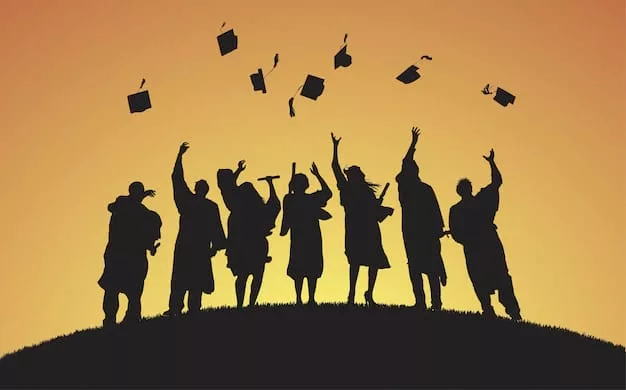
When it comes to the global context, according to UNESCO, 244 million children and youth are out of school, and 771 million adults are illiterate. Over 600 million children worldwide are unable to attain minimum proficiency in reading and mathematics, even though two-thirds of them are in school. This will violate their human rights; hence, the transformation of education must be done.
මෙලෙස පවත්නා දුර්වලතා මඟහරවා ගනිමින්, අධ්යාපනය තුළින් සාමය හා සංවර්ධනය අත්පත් කරගැනීමට ලෝක ප්රජාව උත්සුක විය යුතුය. ඒ සඳහා සුදුසුම උපාය මාර්ගයක් ලෙසින් මෙවසර ජාත්යන්තර අධ්යාපන දිනයෙහි තේමාව ප්රායෝගීකරණය කළ හැකියි. එනම් මානව ප්රාග්ධනය අයෝජනය සඳහා, අධ්යාපනයට මූලිකත්වය දිය යුතුය යන්නයි. තවද ගෝලීය සහයෝහීතාවය තුළින් තාක්ෂණික හා තාක්ෂණික නොවන පහසුකම් සඳහා ප්රවේශය සැමට එක සේ ලබා දීම, තම අධ්යාපනික අයිතිය ලබාගැනීම උදෙසා ප්රජාව පෙළඹවිම හා එවැනි අරගලයන් ඇගයීම, සිසුන් අධ්යාපනිය හැරයාමේ ප්රවණතා අවම කිරීම උදෙසා වැඩසටහන් සංවිධානය කිරීම හා ශිෂ්ය මානසික සෞඛ්ය හා සධාචාරය නංවාලීම උදෙසා උපදේශනය හා මාර්ගෝපදේශනය ප්රවර්ධනය කිරීම ආදියද උපායමාර්ගිකව ප්රමිතිගත අධ්යාපනය තහවුරු කිරීමෙහිලා සඵල විය හැකි පියවරයන් ය.
එක්සත් ජාතීන්ගේ අධ්යාපන විද්යා හා සංස්කෘත සංසදය විසින් දෘශ්ය ද්රව්ය හා සබැඳුණු අධ්යාපනය සංවර්ධනය වෙමින් පවතින රටවල මූලික අධ්යාපනය සඳහා නිර්දේශ කරයි. තවද පාරිසරික අභිරුචීන් සහ ආකල්පයන්, සමාජ-ආධ්යාත්මික ශක්යතාවයන්, සෞන්දර්ය හා මෘදු කුසලතා සබැඳුණු අධ්යාපනය ඕනෑම වාතාවරණයක් හමුවේ අධ්යාපනයේ හරය නොසිඳින පරපුරක් බිහිකිරීමට හේතු වන බවද එම සංසදය කියා සිටී.
සාරාංශයක් ලෙස පවත්නා සම්පත් අධ්යාපනික ක්රියාවලිය සඳහා සාධාරණත්වයෙන් යුතුව බෙදාහැරීම සහ ප්රමිතිගත අධ්යාපනයේ සැබෑ හරය සමාජය තුළට කාවැද්දීම ඔස්සේ සැමට ප්රවේශය විවෘත වූ නිවැරදි අධ්යාපනය ස්ථාපිත කළ හැකියි. එබැවිම් අධ්යාපනය වැනි උතුම් ප්රපංචයක් සමරනු ලබන අද වැනි දිනකදී අධ්යාපනය ප්රමුඛ කරගත් යහපත් සමාජයක් ගොඩනැගීම සඳහා ක්රියා කිරීමට අපි අදිටන් කර ගනිමු.
Written by: Rtr. Keshani Weerasekara
Graphic design by: Rtr. Nilakshi De Silva
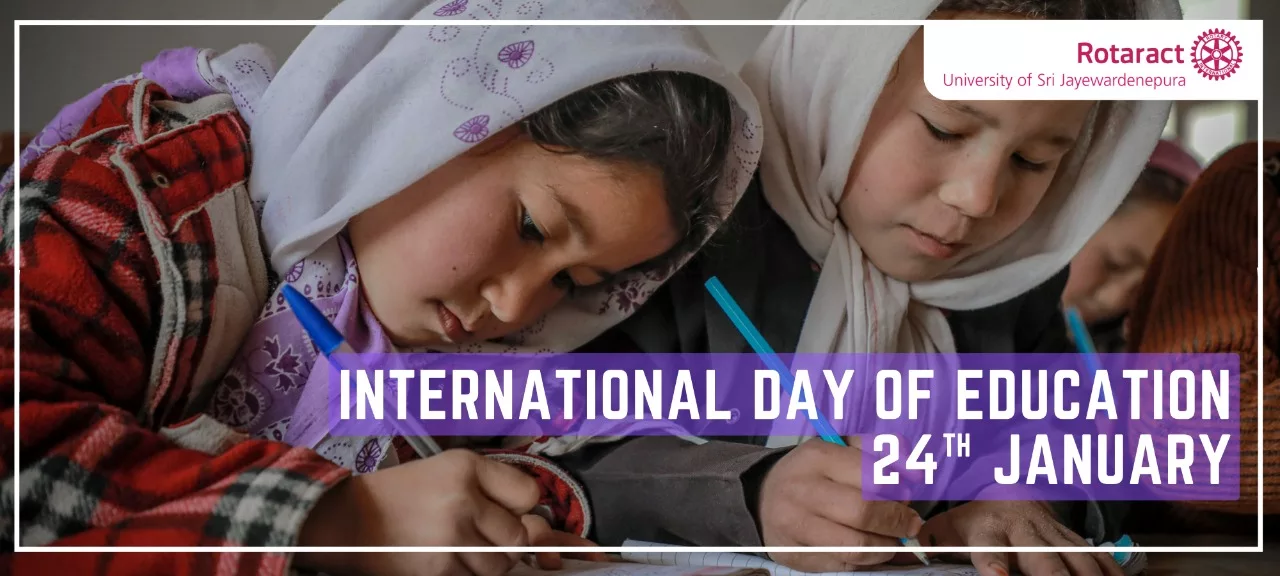

0 Comments